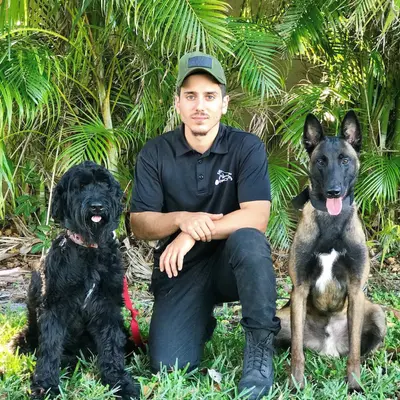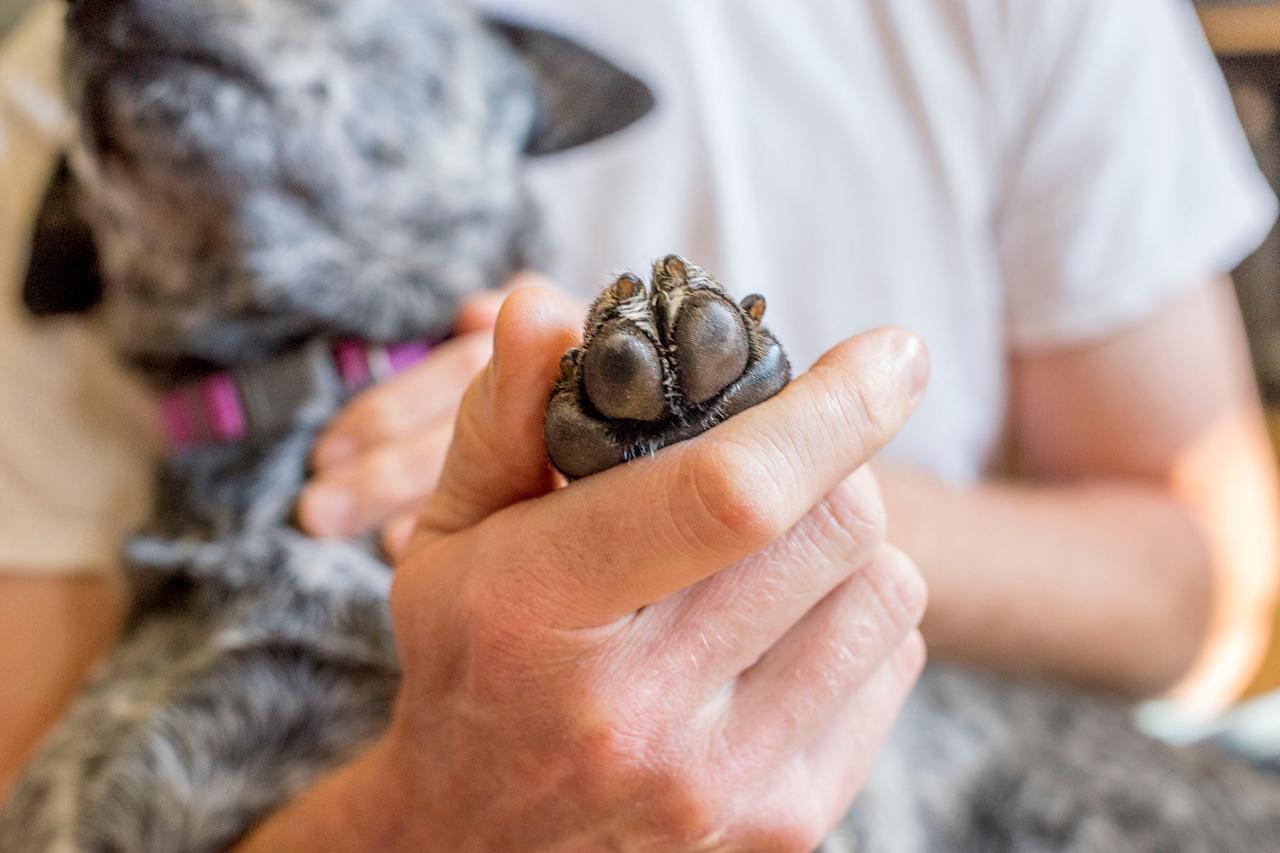We are always on the lookout for the most successful and innovative trainers, and one of our favorites is Or Nessim of K9 Pack Training. A former dog handler in the Israeli Army, Or is highly personal and focused on positive reinforcement. We chatted with Or on his experience, expertise, and the ins and outs of curbing excessive barking.

Tell us about your background, why and when did you start training dogs?
I started to train dogs when I was 15 years old. I remember trying to figure out how clicker training worked and how can this clicker actually help me train and accomplish specific behaviors in my dog (at the time) Chuck. I was thinking, since my dog can't necessarily learn my language, I'd have to try and learn his. It didn't take long before I had some key accomplishments with him like sit, down, stay, come and a couple of basic tricks. It felt like the biggest success in the world!
By the time I turned 18, I was reserved into one of the best k9 units in the world, 'Oketz'. I've been to combat and took part in many special operations with my dog Riso, who has saved so many lives, he is a true hero! Now I train for everything from pet obedience and behavioral modification, to dog sport activities and service dog training.
In your opinion, can you teach an old dog 'new tricks'?
Absolutely. You can teach any dog a new trick if it is in the right mindset of happiness, and if it wants to get 'paid' with a reward that your dog really values. To accomplish a "trick" or a behavior, the dog has to be focused and engaged. Any dog learns at a different pace clear communication would be very important for an old dog.
Should you train a dog not to bark?
Yes, you should definitely train your dog not to bark at other dogs and other people, unless you are training your dog specifically for protection purposes. It is best if you can prevent it early on with the right amount of exposure and confidence on an ongoing basis. As they grow physically, they also grow mentally, and if you can work to shape their personality and tendencies, that's when how you'll be most successful in preventing excessive barking.
How easy is it to train a dog not to bark and what should owners do to help curb excessive barking?
It is best if you name the command so he stops on a cue, like "quiet". Once he/she responds to the command, reward them with something they find valuable. Do be careful with this in the begging stages because dogs are opportunists. For example, if they bark and you say "no", they'll get quiet and then get rewarded for being quiet after barking, it can be an ongoing thing that the dog is looking for to make the mistake (barking) to get rewarded.
If you're at a point where your dog is already excessively barking at many things (or anything and everything), you need to have clarity with verbal correction. I like "no" because it is more natural for the owner to say. Finally, I would recommend not starting with the biggest triggers. If your dog barks at people less than at other dogs, practice in the scenario that is less of a problem so you can see gradual success each session. It's all about small wins that lead to big accomplishments.
Follow along Or's expertise on Instagram (@k9pack_dog_training) and subscribe to the Off Leash newsletter to read the latest from dog experts like Or.






